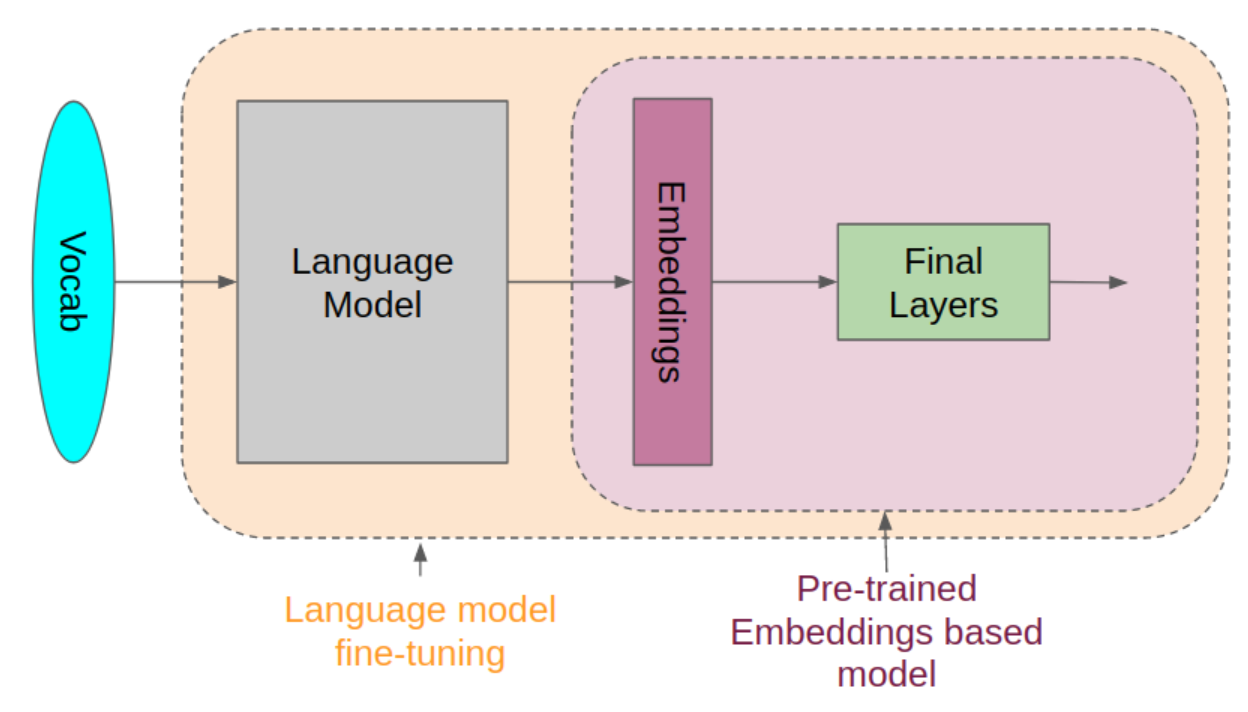Navigating the Frontier of Privacy with Build-Private-LLMs
Introduction: Unveiling the Potential of Private LLMs
In the age of information, Large Language Models (LLMs) have emerged as powerful tools, revolutionizing various domains such as natural language processing, content generation, and problem-solving. However, concerns regarding privacy and data security loom large over the widespread adoption of these models. Enter Build-Private-LLMs, a groundbreaking approach that seeks to reconcile the remarkable capabilities of LLMs with the imperative of safeguarding user privacy. In this article, we delve into the intricacies of Build-Private-LLMs, exploring their significance, challenges, and implications for the future of data-driven innovation.
Understanding Large Language Models (LLMs)
Large Language Models represent a pinnacle achievement in artificial intelligence research, characterized by their ability to understand, generate, and manipulate human language with unprecedented fluency. These models, typically trained on vast datasets, have demonstrated remarkable proficiency across a spectrum of tasks, ranging from language translation to text summarization and even creative writing.
The Imperative of Privacy in AI
Amidst the proliferation of LLMs, concerns surrounding privacy infringement and data misuse have gained prominence. Traditional models often rely on massive amounts of user data, raising legitimate apprehensions regarding data privacy and security. As such, there is a pressing need for innovative solutions that uphold privacy standards without compromising the efficacy of LLMs.
Enter Private-LLMs: An Overview
Private LLMs represent a paradigm shift in the realm of artificial intelligence, offering a novel approach to training language models while preserving user privacy. Unlike conventional methods that rely on centralized data repositories, Build-Private-LLMs leverage decentralized architectures and advanced cryptographic techniques to ensure privacy at every stage of model development.
Key Components of Private-LLMs
1. Federated Learning: At the core of Private-LLMs lies federated learning, a distributed training approach wherein model updates are computed locally on user devices before being aggregated to construct a global model. This decentralized framework obviates the need for centralized data storage, thereby minimizing privacy risks associated with data exposure.
2. Secure Multi-Party Computation (SMPC): Private-LLMs harness the power of Secure Multi-Party Computation to perform computations on encrypted data without compromising its confidentiality. By enabling collaborative computation across multiple parties while preserving data privacy, SMPC serves as a cornerstone of Build-Private-LLMs.
3. Differential Privacy: Another pivotal component of Private-LLMs is differential privacy, a rigorous privacy-preserving mechanism that adds noise to training data to prevent the inference of individual information. By incorporating differential privacy into the training process, Build-Private-LLMs offer robust safeguards against privacy breaches.
Challenges and Considerations
While Private LLMs hold immense promise, they are not without challenges. The decentralized nature of federated learning introduces complexities related to communication overhead, model aggregation, and heterogeneous data distribution. Moreover, ensuring compatibility between privacy-preserving techniques and model performance remains a formidable task, requiring ongoing research and refinement.
Implications for the Future
The advent of Private-LLMs heralds a new era of privacy-preserving AI, wherein users can harness the full potential of LLMs without compromising their personal data. From healthcare and finance to education and beyond, the applications of Build-Private-LLMs are far-reaching, promising to empower individuals and organizations with unprecedented levels of privacy and control over their data.
Conclusion: Forging a Path Towards Privacy-Preserving AI
As society grapples with the ethical and societal implications of AI, Build-Private-LLMs offer a beacon of hope, demonstrating that privacy and innovation need not be mutually exclusive. By combining cutting-edge technologies with a steadfast commitment to privacy, Build-Private-LLMs pave the way for a more inclusive and responsible AI ecosystem. As we navigate the frontier of privacy in the digital age, let us embrace the transformative potential of Build-Private-LLMs in shaping a future where privacy is not just a privilege but a fundamental right.




Comments
Post a Comment